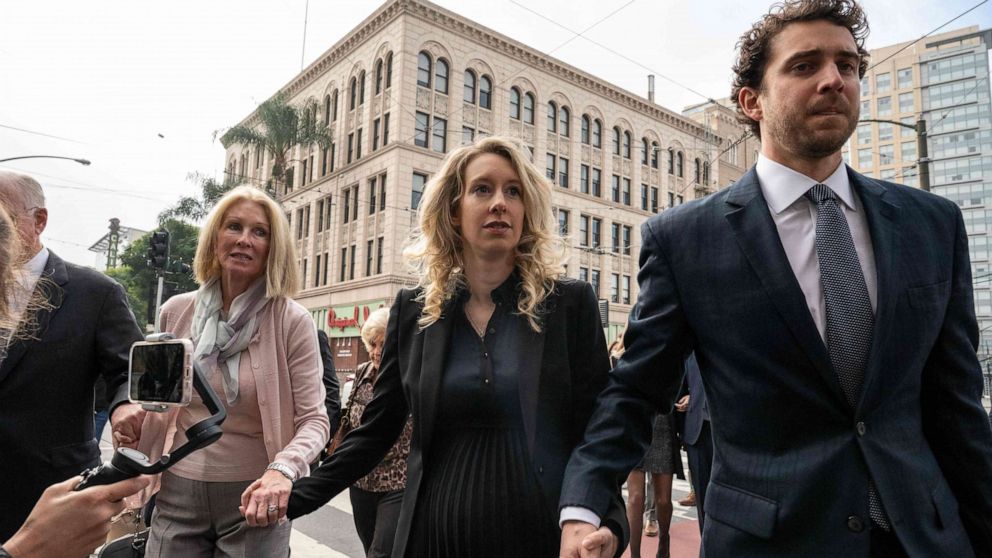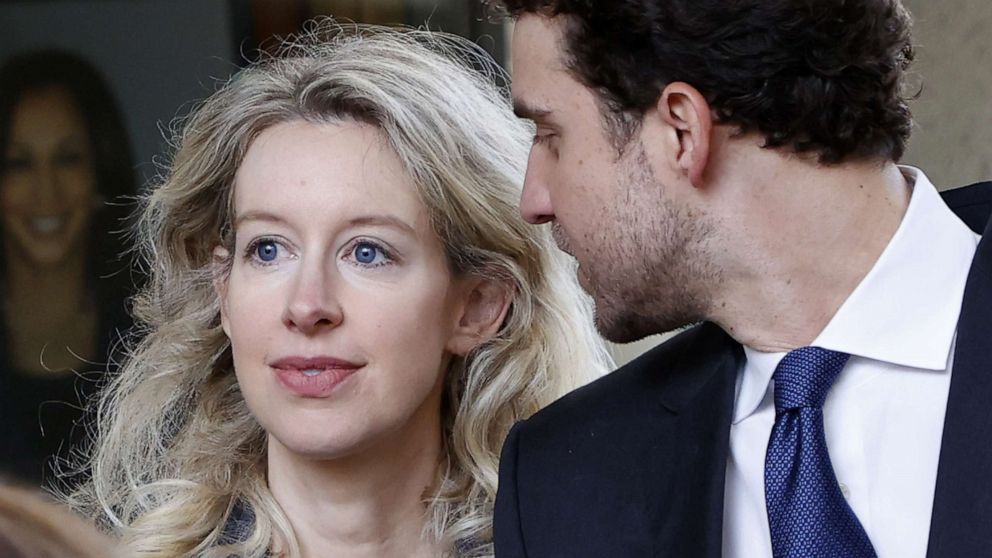
On Friday, Elizabeth Holmes, the creator of the now-defunct blood testing business Theranos, received a 135-month jail term (equivalent to 11 1/4 years) for misleading investors.
Holmes could have received up to 20 years in prison, thus the sentence is below the maximum.
In addition, Holmes was mandated to complete three years of supervised release following sentence.
Before the judge handed down the punishment, Holmes made an emotional apology, quoting the poet Rumi, “Yesterday I was clever, so I wanted to change the world. Today I am wise, so I am changing myself.”
She has been given until April 27 to report to prison.
The punishment is the most recent twist in a judicial process that has made the former wealthy businessman a symbol of wrongdoing in Silicon Valley.
Holmes was facing a maximum term of 20 years, which would have been served concurrently with the 20-year penalties for each of the four offences against her.
In a court document submitted last week, Holmes’ legal team asked for a sentence of no longer than 18 months. Her defenders claimed that a less severe punishment consisting of home arrest and community work would be sufficient.
In its appeal, the prosecution argued that Holmes should receive a 15-year jail term for what they called “one of the most significant white-collar offences” in Silicon Valley history.
Sen. Cory Booker, D-N.J., said in one of the 130 letters of support Holmes’ legal team submitted last week that she “has within her a true desire to help others, to be of meaningful service, and possesses the capacity to redeem herself.”

Holmes’ legal team claimed that regardless of the punishment, her family will continue to experience hardship as a result of widespread condemnation of Holmes. In the court document, Elizabeth Holmes’ husband Billy Evans stated that “[t]here is no escape the disdain that accompanies Elizabeth Holmes.”
While running Theranos, Holmes, 38, was found guilty in January on four counts of conspiracy and investor fraud.
The decision came after a four-month trial that traced Holmes’ development from a 2003 Stanford University dropout to a prominent business figure who appeared on the cover of Fortune magazine less than ten years later.
In the end, her collapse began in 2015 amid inquiries from media and regulators on the medical company’s flawed product, which advertised accurate results from tests requiring only a finger-prick of blood.
After a year, Forbes reduced its estimate of Holmes’ net worth from $4.5 billion to $0 as the business faltered. In 2018, Holmes consented to give up ownership of Theranos after the Securities and Exchange Commission accused him of committing huge fraud.
As a result of the jury’s conclusion that Holmes had lied to investors in an effort to acquire money under false pretences, she was found guilty on four of the eleven charges.
Holmes was found not guilty on four counts involving patient fraud, while the jury was deadlocked on two counts involving investment fraud.



